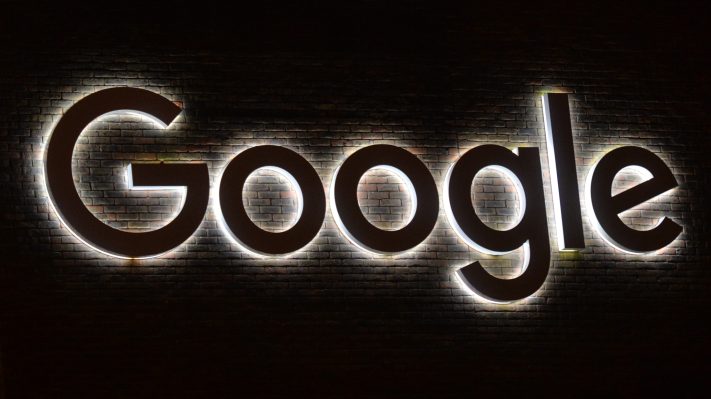Google Colaboratory (Colab for short), Google’s service designed to allow anyone to write and execute arbitrary Python code through a web browser, is introducing a pay-as-a-you-go plan. In its first pricing change since Google launched premium Colab plans in 2020, Colab will now give users the option to purchase additional compute time in Colab with or without a paid subscription.
Google says that the update won’t affect the free-of-charge Colab tier, which remains in its current form. The only material change is that users can buy access to compute in the form of “compute units,” starting at $9.99 for 100 units or $49.99 for 500.
As Google Colab product lead Chris Perry explains in a blog post:
Paid users now have the flexibility to exhaust compute quota, measured in compute units, at whatever rate they choose. As compute units are exhausted, a user can choose to purchase more with pay-as-you-go at their discretion. Once a user has exhausted their compute units their Colab usage quota will revert to our free of charge tier limits.
In tandem with the pay-as-you-go rollout, Google announced that paid Colab users can now choose between standard or “premium” GPUs in Colab — the latter typically being Nvidia V100 or A100 Tensor Core GPUs. (Standard GPUs in Colab are usually Nvidia T4 Tensor Core GPUs.) However, the company notes that getting a specific GPU chip type assignment isn’t guaranteed and depends on a number of factors, including availability and a user’s paid balance with Colab.
It goes without saying, but premium GPUs will also deplete Colab compute units faster than the standard GPUs.
Google began telegraphing the rollout of pay-as-you-go options in Colab several weeks ago, when it notified Colab users via email that it was adopting the aforementioned compute units system for subscribers. It framed the shift as a move toward transparency, allowing user to “have more control over how and when [they] use Colab.”
Some perceived the move as user-hostile — an attempt to charge more for or clamp down on Colab usage. But in a statement to TechCrunch, a Google spokesperson pointed out that limits have always applied to all tiers of Colab usage plans paid.
“[T]these updates are meant to give users more visibility into … limits,” the spokesperson said via email. “Colab will continue supporting its free of charge tier, including basic GPU access.”
The sensitivity around pricing changes reflects how much Colab has grown since it spun out from an internal Google Research project in late 2017. The platform has become the de facto digital breadboard for demos within the AI research community — it’s not uncommon for researchers who’ve written code to include links to Colab pages on or alongside the GitHub repositories hosting the code.
